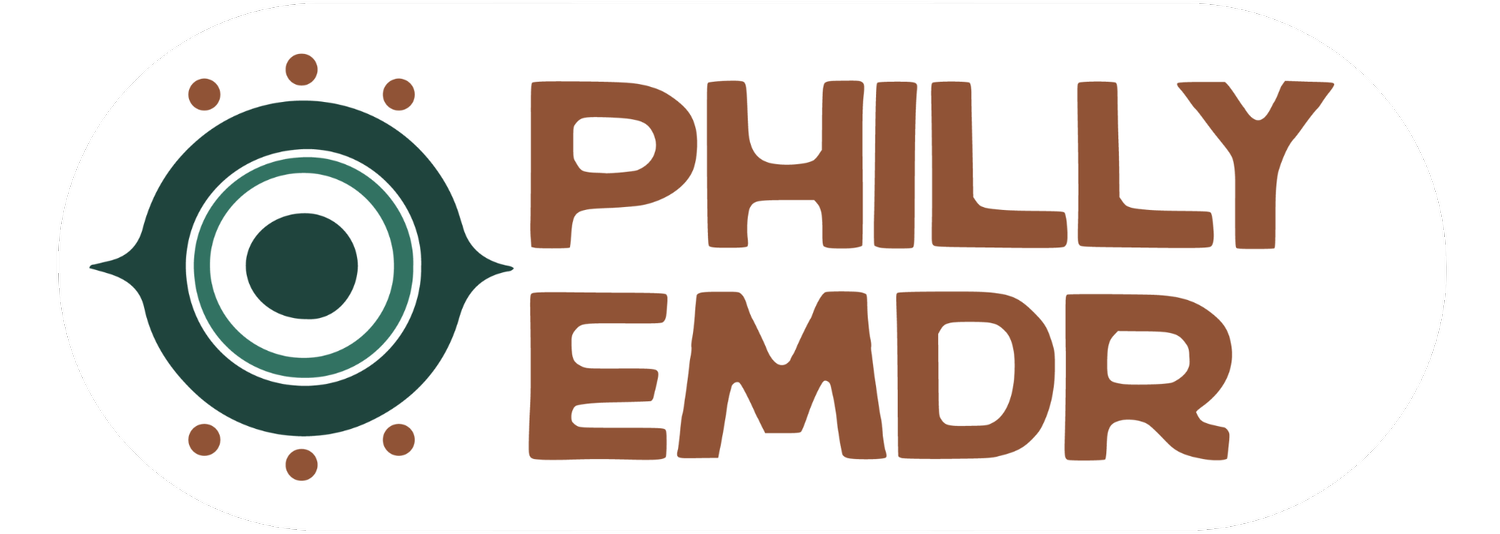EMDR’s Impact on Our Relationships
Sometimes we are hurt by people we care about
For many people, recovery from traumatic experiences is made more complex because they have or want to have a relationship with the person that hurt them. This is sometimes a family member, friend, or mentor in their lives and while that person may have caused them harm there is still a desire for connection and relationship for the client I’m seeing.
It's not uncommon for individuals who have experienced trauma to have complex emotions and conflicting feelings towards those who have caused them harm. Exploring this topic is an important part of the EMDR therapeutic process. While EMDR therapy may not directly address the dynamics of your current relationship, it can have an impact on how you perceive and act within that relationship.
The Purpose of the EMDR Therapy Process
EMDR therapy focuses on processing and healing the traumatic memories and associated negative beliefs, emotions, and sensations. Through this process, you may experience shifts in your own perspective, self-perception, and emotional responses. As you work through the layers of trauma, it's natural for your feelings towards the person who hurt you to evolve and change.
EMDR therapy does not determine the outcome of your relationships with others. Its purpose is to help you find healing and empowerment as an individual and make the best decision for yourself about how you behave and choose to be in relationships. As you develop a stronger sense of self and work through the negative impact of the trauma, you will find that your boundaries become clearer and firmer. You can expect to gain insights into what you need in relationships and how to establish and maintain those boundaries effectively.
Uncovering EMDR’s Path Towards Healing
It's important to note that everyone's experience with EMDR therapy is unique, and the impact on relationships can vary. Open communication with your therapist is crucial throughout the process, as they provide guidance and support as you navigate these complexities. It’s my job to be a witness to the harm and validate your lived experience, even if no one else in the situation can. Ultimately, the goal of EMDR therapy is to support your healing, empowerment, and well-being as an individual. By addressing the impact of trauma, you can gain a deeper understanding of yourself and your relationships, make informed choices, and create healthier patterns moving forward.
You will likely find that throughout the EMDR process, the pressing need to have a relationship with the other person was predicated on a deep desire to be acknowledged and seen by them. When you focus on your own healing, you will become less dependent on others to validate your experiences and their approval and closeness becomes less and less necessary. This allows you to have a healthy relationship on your own, healed terms – not on the terms of you needing their approval, acknowledgement, or permission to heal.
Lighten YOUR Load in the Relationship
When it comes to harm, your feelings towards the person who hurt you are valid and complex. The EMDR therapeutic process can help you explore and navigate these emotions, providing you with the tools to find resolution and establish healthy boundaries within your relationships and let go of the suffering within these relationships that no longer serve you and your healing process.

